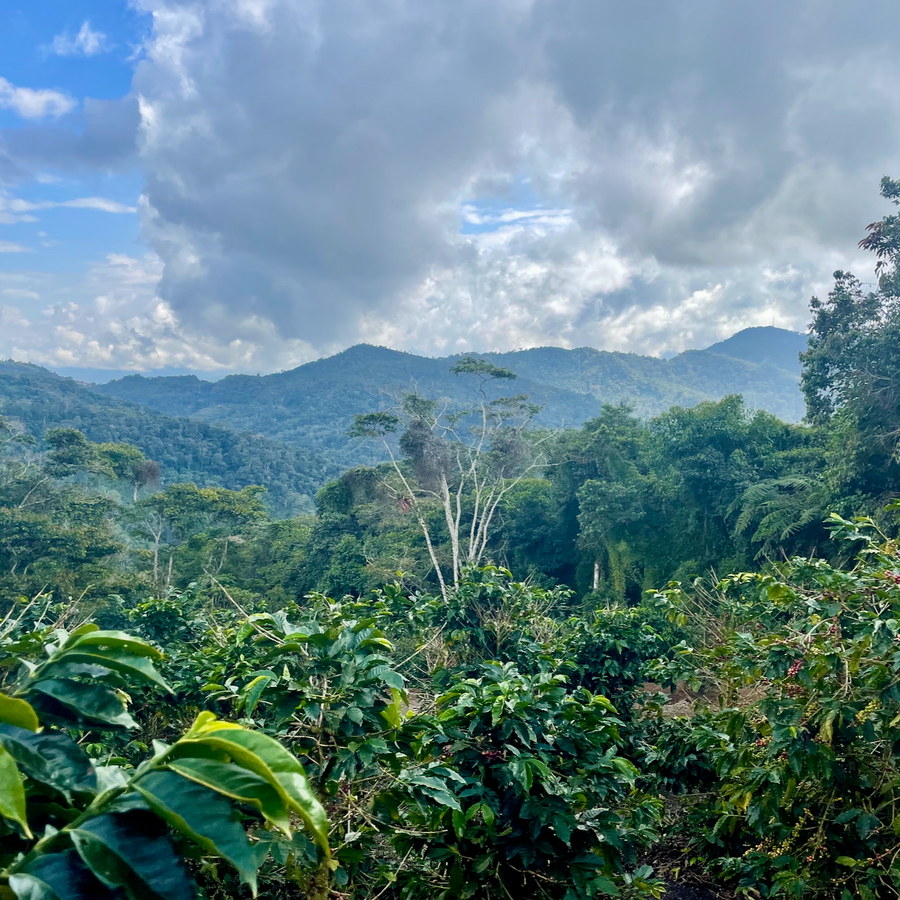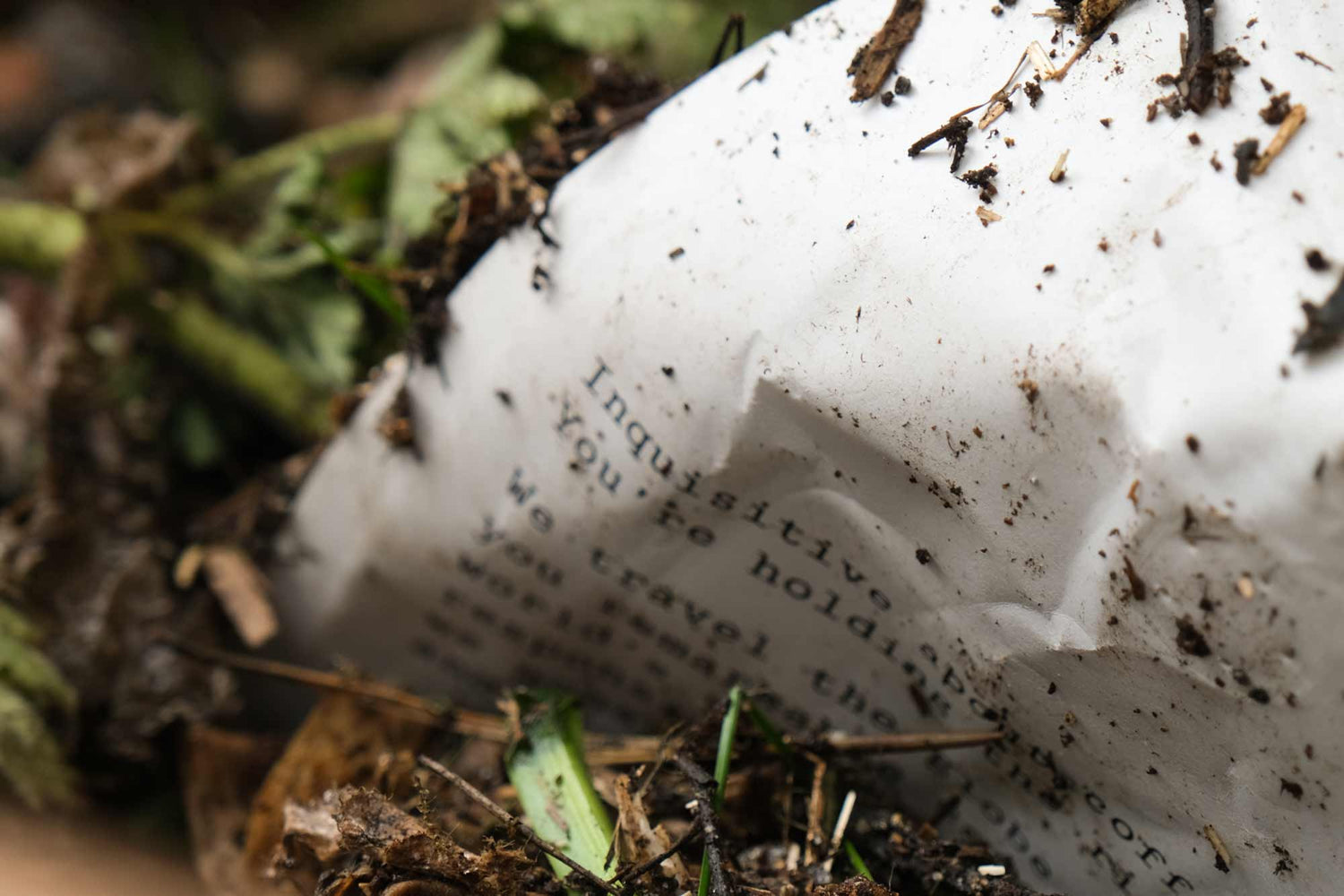






Bolivia: Volcán Del Tigre
Gregorio Paye Mamani
-
Gregorio Paye's parents moved from a province called Muñecas to the Caranavi area when he was a child. They were searching for an education for Gregorio, as there was no school in their town.
Nowadays, he lives with his wife Daisy and his two youngest children on a farm he's owned for 35 years. He has two grown-up children from his first marriage that have families of their own, but the two little ones help out on the farm from time to time. His brother, Julio Paye, also has a coffee farm nearby. In his free time, Gregorio enjoys going on walks around town with his kids, swimming in the river and playing football.
Gregorio is a full-time coffee farmer; he doesn't have any other businesses. His farm has twelve hectares in total, two of which he currently grows coffee on. The farm is called Volcán del Tigre, which means Tiger's Volcano. Tigré is Spanish for tiger, but is used locally to mean Jaguars. It used to be overgrown – wild vegetation – and people used to say they saw smoke coming from one of the hills, and thought it was a volcano (legend has it that when smoke comes from the hills, there's gold to be found). Around the same time, people noticed what seemed to be a footpath running through the land. It turns out it was a tiger's path. To this day, Gregorio doesn't keep animals on the farm as they might become the tiger's next meal.
Gregorio also participates in the Sol de la Mañana program. He says he's already learned a great deal about sowing coffee and fighting coffee pests. He's had issues with leaf rust, borer Beetle, and mycena citricolor, but thanks to the program he's been able to get them all under control.
He has another ten hectares on his farm to keep growing coffee on, and he's really excited about what the future at Volcán del Tigre holds. Gregorio might not have found gold on his farm like the legend foretold, but what he did find comes pretty close!
Starting with creamy milk chocolate, there's a soft freshness of a slice of orange alongside it before it swings into dark chocolate for the finish.
-
- Country: Bolivia
- Colony: Copacabana
- Altitude: 1,600 m.a.s.l.
- Farm: Volcán del Tigre
- Producer: Gregorio Paye Mamani
- Processing method: Dry Fermented Washed
- Varietals: Caturra & Catuai
-
Tasting notes: Milk chocolate, orange, dark chocolate.
Cup of Excellence Cupping Scores
- Clean cup: (1–8): 6
- Sweetness: (1–8): 6.5
- Acidity: (1–8): 6
- Mouthfeel: (1–8): 6.5
- Flavour: (1–8): 6.5
- Aftertaste: (1–8): 6
- Balance: (1–8): 6.5
- Overall: (1–8): 6
- Correction: (+36): +36
- Total: (max. 100): 86
Roast Information
Medium-dark: A nice steady roast, through first and looking for up to the first pops of second as you finish, no more. -
-
Producer Stories
Learn more about coffee sourcingGregorio Paye Mamani
Gregorio is a full-time coffee farmer; he doesn't have any other businesses. His farm has twelve hectares in total, two of which he currently grows coffee on. Tigré is Spanish for tiger, but is used locally to mean Jaguars.
Read more
Our Packaging

-
Compostable
Our 220g and 125g bags are made from a plastic free, plant based material that is commercially compostable and certified biodegradable. Which means it will leave nothing behind after you're finished with them.
-
Roasted fresh
Being uncompromising on quality means being uncompromising with freshness. Our coffee is freshly roasted every day of the working week.
-
Protecting our oceans
For each compostable bag that we buy, the same weight of plastic is removed from our ocean. You make that happen.
